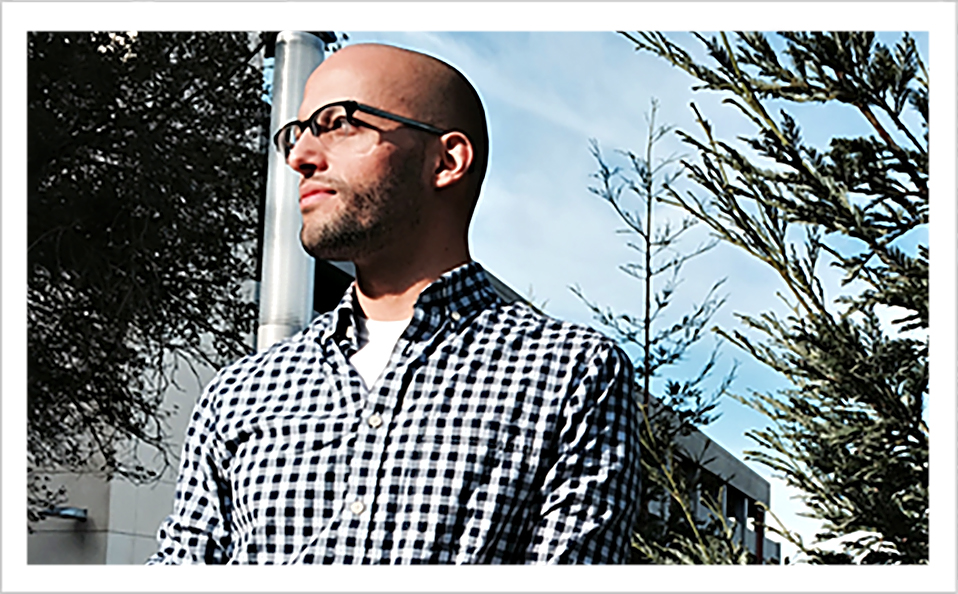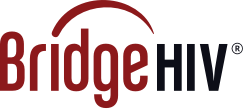
Anthony Lucas
Anthony Lucas began doing HIV/AIDS prevention work after being diagnosed in 2010. He credits his work with changing the way he viewed himself and other people. “When I learned of my own diagnosis, something was awakened in me. Working in the field has thawed what I otherwise did not recognize was a heart that had grown cold. I feel much more connected and, in some ways, empathetic as a result of my own diagnosis and my work with people living with HIV/AIDS.”
The son of work-class Puerto Rican immigrants, Anthony was born and raised in the small, conservative city of Bethlehem, Pennsylvania. After stints studying dance in New York City and San Francisco, Anthony enrolled at the University of California, Berkeley. It was there that Anthony was diagnosed with HIV. As he learned to cope, his interest in law and immigration policy developed into what he considered to be a natural next step: deciding that he would continue his HIV/AIDS advocacy within the legal arena; adding, he said, “a human–centered approach to a system that often can feel impersonal and cruel to those it affects.”
After receiving his B.A. in Rhetoric in 2011, Anthony began working as a Peer Advocate at Downtown Youth Clinic, the youth division of the East Bay AIDS Center. He currently serves as the Linkage and Outreach Coordinator for the CRUSH Project, a research–based demonstration project aimed at designing best practices to provide sexual health services for youth between the ages of 18 and 29. Unlike other projects, CRUSH is unique in that they provide services and use feedback from clients to continually improve their services. Because of this, Anthony and his team have to be very intentional about how they address the needs of their clients, and ensure that staff are reflective of the clients they serve.
In addition to employing front line workers with backgrounds similar to that of their priority population and establishing a diverse community advisory board, CRUSH has also created spaces for clients to have open, honest dialogue. “So much of what we lack in public health is dialogue among people who are receiving services. There are lots of great thinkers who are having important conversations but those aren’t happening often enough on the ground.”
Anthony goes on to point out that these conversations promote emotional, physical, and spiritual healing.
“I’m proud of people who, for the first time in their lives, are stepping through the door and taking control of their physical, emotional, and spiritual health. I am proud of the men and women of color who, despite fear and adversity, still take care of themselves. I’m proud of the single mother who comes through the door who is taking care of her health while also caring of her children, and still providing for and taking care of herself.” Being a part of the healing continues to inspire Anthony to continue his advocacy work. “Getting to be a part of the healing moves me and is beyond me. It’s not about me; I’m a conduit of something much larger than myself. And that feels good!”



